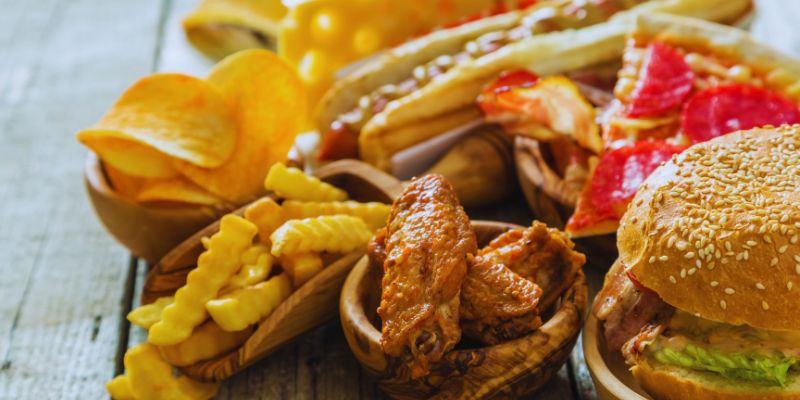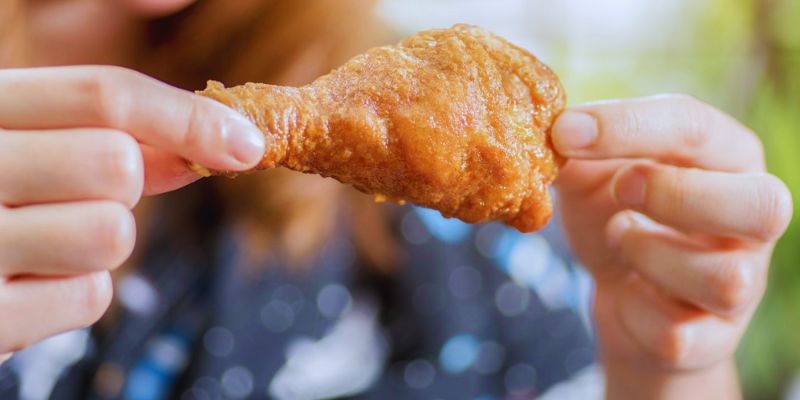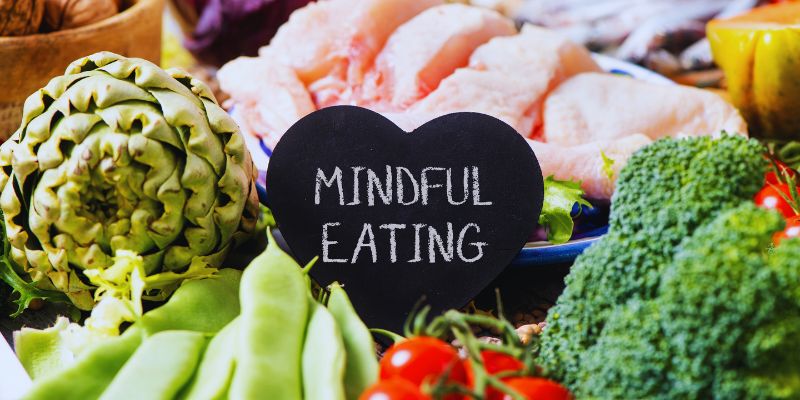Many processed goods once widely used artificial trans fat. It helped extend the shelf life of products. Some baked and fried products also enhance texture and taste. Your health suffers from this fat. It elevates poor and reduces good cholesterol. That raises your likelihood of stroke and heart disease. Many nations have forbidden or regulated trans fat in recent years.
By 2018, food producers had to stop depending on it. Still, that does not mean artificial trans fat is absent. It still exists in minute levels. Old items or some imported goods could still have it. Local cuisine can still have minute levels. This article will clarify where manufactured trans fat still lurks. You will also pick tips on eating better and avoiding it.

What Is Artificial Trans Fat?
One kind of fat produced by partial hydrogenation is artificial trans fat. This technique solidifies liquid vegetable oils by adding hydrogen and transforming them. Food producers turned to this fat as it enhanced texture, raised shelf life, and cost less than natural fats like butter. Artificial trans fat is much more harmful to your health than natural trans fat, which occurs in small amounts in dairy and meat. It became standard in processed goods, including margarine, cookies, frozen pizza, crackers, and fast food.
People ate this fat for many years without understanding the consequences. Medical studies have revealed strong relationships between manufactured trans fat and major health problems. These cover inflammation, excessive cholesterol, stroke, and heart disease. Many health professionals and groups advocated its elimination due to its hazards to public health. It sparked a worldwide movement aiming at either restricting or outlawing manufactured trans fat from the food chain.
The Global Crackdown on Artificial Trans Fat
Many nations have moved significantly over the past ten years to remove artificial trans fat from food. Aiming to eliminate industrially produced trans fat globally by 2023, the World Health Organization (WHO) started the "REPLACE" project in 2018. The scheme encouraged nations to improve food labeling, enforce laws, and use healthier fats. 2018, the United States FDA outlawed partly hydrogenated oils.
Authorities gave manufacturers a few more years to comply, and today, most American products contain no artificial trans fat. The European Union, Canada, India, and Brazil have also developed strict guidelines. Still, many low- and middle-income nations lack robust rules. Limited government supervision and poor food labeling let trans fat stay in circulation. Foods can still include up to 0.5 grams per serving; hence, there is a loophole even in nations with restrictions.
Where Is Artificial Trans Fat Still Found?
Artificial trans fat is not been eliminated despite world efforts. It lurks in some quite unexpected locations. Common sources are listed here:
- Baked Goods: Even at minute levels, trans fat still lurks in some pastries, cakes, and cookies. It occurs either from selling old stock or a recipe for margarine with trans fat.
- Microwave Popcorn: Some companies could employ trans-fat-containing flavorings or oils. Before you buy, look over the ingredients.
- Non-Dairy Creamers and Margarine: Some creamers and spreads use partially hydrogenated oils, which can be dangerous even at minute levels.
- Imported Snacks: Some foreign goods might not meet your national cuisine guidelines, but they could still contain trans fat.
- Packaged Snacks: Crackers, chips, or popcorn can contain trans fat if producers make them in areas without strong regulations.
- Fried Foods: Particularly from small stores, deep-fried foods like doughnuts or fries could include trans fat. Some use foreign fats or outdated oils with trans fat remains.

Reading Labels and Understanding Hidden Trans Fat
Avoiding artificial trans fat mostly depends on knowing food labels. Many items claim "0 grams trans fat," although they could still have minute levels. Some nations let the label legally round down to zero if a product has fewer than 0.5 grams of trans fat per serving. That is why one should check the list of components and go beyond the nutritional values. The presence of 'partially hydrogenated oil' on an ingredient list means it has trans fat.
Over time, a little bit adds up. Consistent eating of these foods can damage your heart. The worst offenders are often processed snacks, baked products, and fried foods. Substitute fresh, whole foods instead. Cook food at home using natural oils like olive or avocado oil. Avoid frozen dinners, microwave popcorn, and creamers while shopping, as they may still contain trans fat. Reducing packaged foods and closely reading labels will help you maintain your health and reduce heart disease risk.
Why Even Small Amounts of Trans Fat Matter
Artificial trans fat, even in small quantities, might be bad for you. Experts agree that no level is safe to eat. Trans fat creates major damage, unlike better fats found in nuts, seeds, or olive oil. It raises your bad, or LDL, cholesterol and lowers your good, or HDL. It damages your blood vessels and generates inflammation as well. These changes increase your chance of stroke and heart disease. Studies reveal that a daily trans fat intake of just two grams increases your risk of heart disease by 23%.
One snack, freezer dinner, or fast food item will readily cover that quantity. Particularly for children, older adults, and those with heart problems, the damage compounds with time. One should try a zero-trans-fat diet. That implies reading labels, avoiding processed foods, and selecting handmade or full meals. Maintaining diet awareness helps lower your chance of long-term health issues connected to trans fat.
Conclusion:
Even with worldwide attempts to eradicate artificial trans fat, many foods still hide this hazard. Little quantities added over time can compound and raise your risk of major health problems, including stroke and heart disease. Read ingredient lists closely to remain safe and avoid anything including "partially hydrogenated oil." More commonly, cook at home and choose whole, unadulterated foods. Keep careful with foreign goods, fried foods, and packaged snacks. Protecting your heart is best done on a zero-trans-fat diet. Daily, little knowledge-based decisions can improve general well-being and long-term health.












